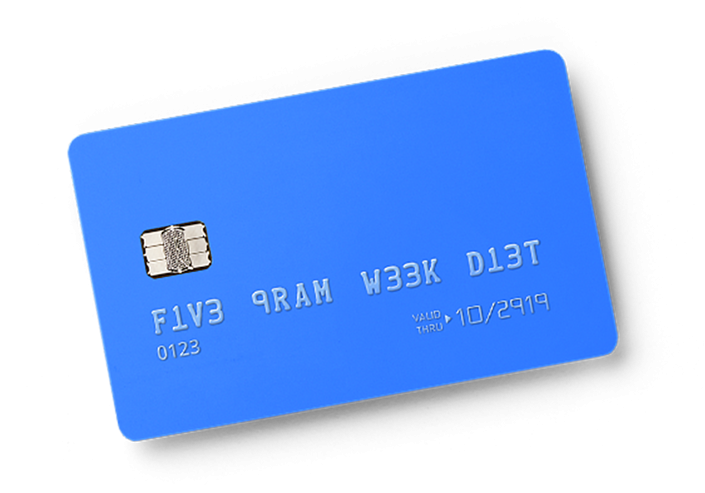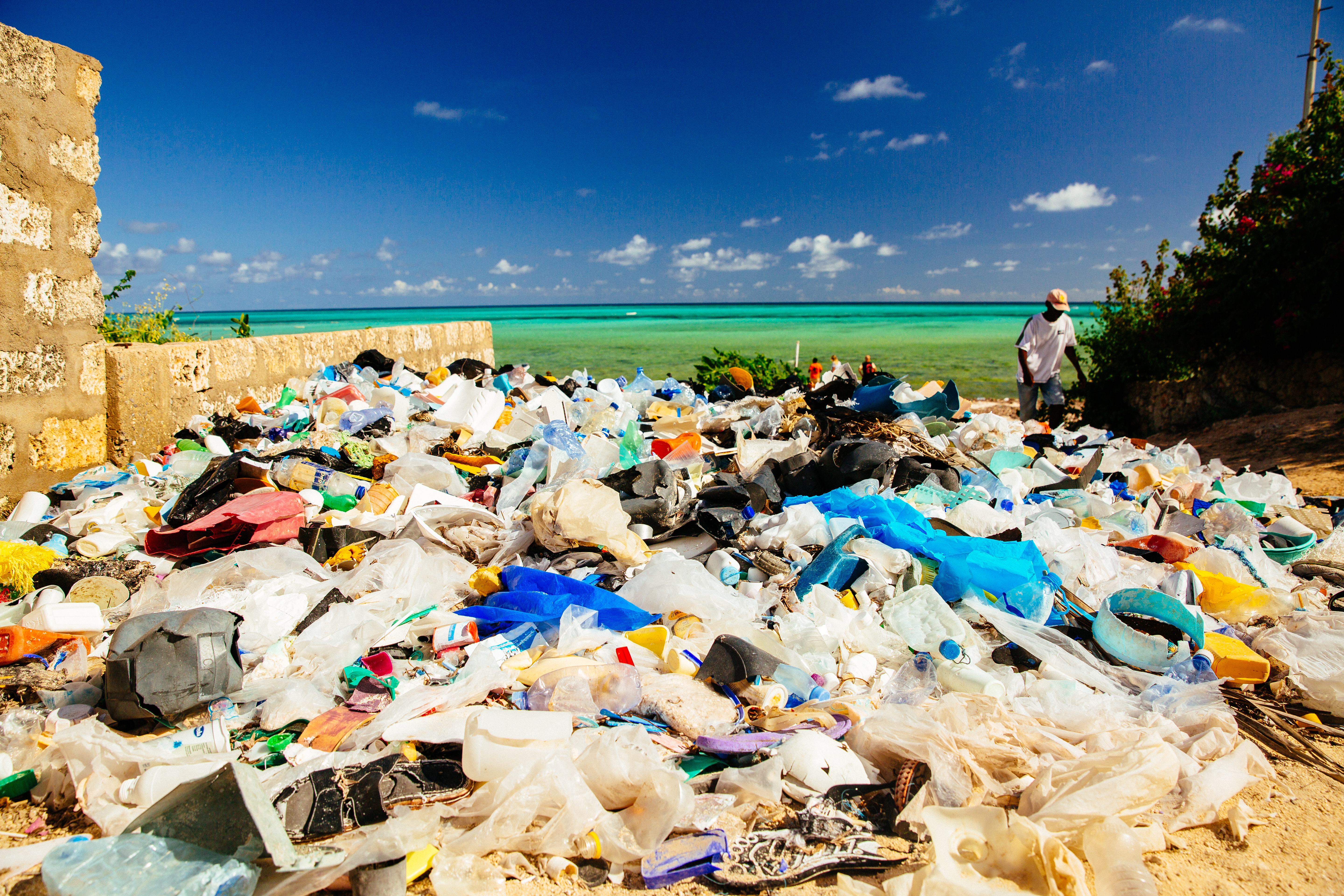
5 GRAMS OF PLASTIC A WEEK?
__________________________________________
We could be consuming over 100,000 microplastics a year. That’s approximately 5 grams of plastic a week, 21 grams a month, 250 grams a year.
HOW IS THIS HAPPENING?
_______________________________________________
Eight million tonnes of plastic pollution ends up in the ocean every year. They break down into tiny bits called microplastics, small enough to enter our food chain, along with other types of microplastics like those that are released when we wash our clothes.


A GLOBAL TREATY ON MARINE PLASTICS POLLUTION.
___________________________________________________
From beaches in Indonesia to the remote Arctic, plastic is silently choking our planet. Most plastic becomes trash after a single use. It has contaminated the soil, rivers and oceans, and has even entered our food chain. Many of us are doing our bit to reduce plastics pollution, but it’s time that governments and businesses took their full responsibility too. Call on our governments to introduce a global, legally-binding agreement to stop plastics polluting our oceans!
5 GRAMS A WEEK SOUNDS CRAZY.
HOW DID YOU CALCULATE THIS?
There have been multiple reports in the media on the microplastics we are ingesting – through our food (shellfish, honey and salt), our drinks (tap water, bottled water and beer), and even the air. We worked with Newcastle University to calculate the approximate weight of the average amount of microplastics that these studies demonstrate we are ingesting. The full analysis is available here if you are interested in understanding more. For any questions or concerns about the methodology, please contact us here and we promise to swiftly respond in full.
IS THIS DAMAGING TO MY HEALTH?
The truth is, we don’t know. We know that plastics are doing irreparable harm to wildlife, but scientists have only just started looking at what it’s doing to human health. Can we say, categorically, that this is causing impacts on our health? No. Does that mean we can rest easy? Absolutely not. After all, you wouldn’t choose to chow down on an actual credit card, right?
HOW DO WE REALLY SOLVE THIS PROBLEM?
While saying ‘no’ to straws and bringing along a reusable bag are great first steps, which you absolutely must do, it’s governments and businesses who need to solve this. At WWF, we want governments around the world to sign a global legally binding treaty to streamline how we use and dispose of plastics. Businesses can play an important role here too – for example, by changing their production and product design models to allow for re-use of plastic rather than immediate disposal.
FAQ
Should we ban all plastic?
Plastic is not inherently bad; it is a man-made invention that has generated significant benefits for society, and even in some cases, the environment. Unfortunately, the way industry and governments have managed plastics and the way society has converted it into a disposable and single use commodity transformed this innovation into a planetary disaster. The way we use and dispose of plastics must change for the sake of not just the environment – but also our economy.
What can I do as an individual?
Make sure your voice is heard. Tell everyone from your government leaders to the owners of the businesses you frequent that you want them to solve this.
For now, if you want to be a part of our community of campaigners working to tackle this problem, join us here. Governments and businesses can’t ignore hundreds of millions of voices.
Tell me more about what governments can do.
Governments all over the world fall too easily into blaming either businesses ("They are using the plastic so they need to fix this mess") or consumers ("They are buying the plastic products so they need to fix this mess") for this crisis.
Let’s break this circle of denial and all accept our role in the problem. WWF is sending a clear message to governments worldwide – the only way we can change this broken system is to endorse a global legally binding treaty on tackling plastics. The existing legal framework covering marine plastic pollution is fragmented and ineffective, and does not provide the tools necessary for an effective global response to the problem. This issue cannot be solved on a national or regional level, or through non-binding, voluntary measures alone. It requires coordinated international action, shared responsibility and a common approach.
WWF is calling on states to begin negotiations, as soon as possible, on a new international legally binding agreement to tackle marine plastic pollution.
Tell me more about what businesses can do.
Plastic is a cost effective, useful and flexible material which, when used properly, can actually have a positive overall environmental impact. But our current systems of production don’t use plastics properly. We see plastic as a cheap, single-use, disposable product – which is crazy, because plastic by its very nature is not disposable. It lasts for hundreds of years.
It’s currently often cheaper for businesses to buy brand new virgin plastic (made, by the way, from oil) rather than buy recycled plastic. This system is broken. Businesses should play a part by ensuring that their production models reward the reuse of plastic rather than the constant use and immediate disposal of virgin plastic. They can stop wilfully participating in the endless circle of denial that sees businesses claim it’s solely a waste management problem (i.e. “It’s not our fault that local governments don’t recycle.”) and instead, take proactive responsibility for the materials they use.
Tell the brands and businesses you support that it’s time to change the way they use plastic.
